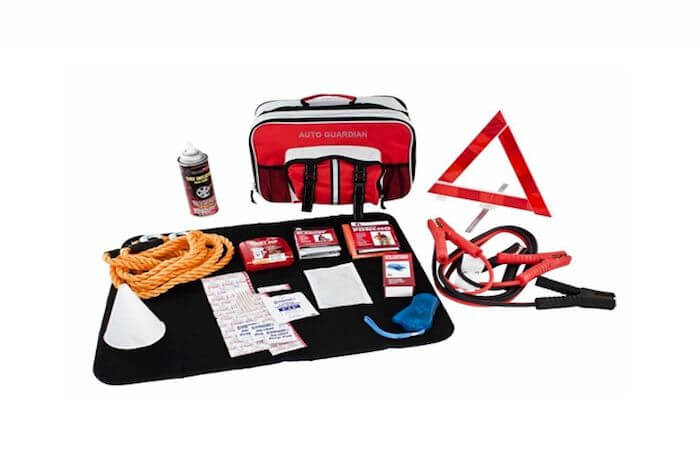When is hands-free really hands-free?
The recent story about a driver being stopped for watching YouTube on his mobile phone has reignited the debate about what is and isn’t allowed when driving. With technology constantly evolving and people spending more and more time in their vehicles, whether for work or on the way to the opposite side of the country on holiday, means that an increasing number of people are either unsure of the rules or choose to flout them. To help set things straight we turn our focus this month to what hands-free really means so that you know what you can and cannot do and how to stay safe while driving.
Sat-navs and mobile phones
For the avoidance of any doubt, it is illegal to hold a sat-nav or mobile phone while driving a car or motorcycle. This includes being stuck in traffic or waiting at traffic lights. It is, of course, possible to use either device, as long as the following are applied:
- Your devices are Bluetooth-enabled
- You have a windscreen mount, dashboard holder, or mat to secure the device
- Voice command is enabled where available
- Your sat-nav system is built into the vehicle
At no point should the device block your view of the road or traffic and you should have programmed your sat-nav before setting off. If you do need to make changes then you must pull over and park safely before doing so.
In control of the vehicle
The Highway Code’s rules 149 and 150 state that you must be in control of the vehicle at all times. This means that even with hands-free devices you must not be distracted – for example, by trying to read a map or using a hand-held microphone to make or receive a phone call. The same goes for using devices to assist you when driving, such as congestion warning systems or motorway assist systems. Similarly, multimedia devices could prove to be distracting and must be managed to minimise the chances of them interfering with your attention to controlling the vehicle.
Is there any occasion when a hand-held phone can be used?
Only when you need to make an emergency call to 999 or 112 and it is either not practical to stop or not safe to do so for any reason.
What are the penalties?
They have recently been updated so that if you are caught driving while using a hand-held phone you will receive a £200 fine and six penalty points on your licence. If you only passed your test in the last two years then you will lose your licence. If you do not have proper control of your vehicle or full view of the road and traffic ahead you risk getting three penalty points. Should you get taken to court, the potential fine escalates to a maximum of £1,000 or you could even be banned from driving.
Looking for a refresher driving course or want to learn how to drive? At Lanes School of Driving we have been helping drivers learn and stay safe on the road for over 100 years. Call us on 020 8166 5678 to book your first lesson or for an initial chat.











